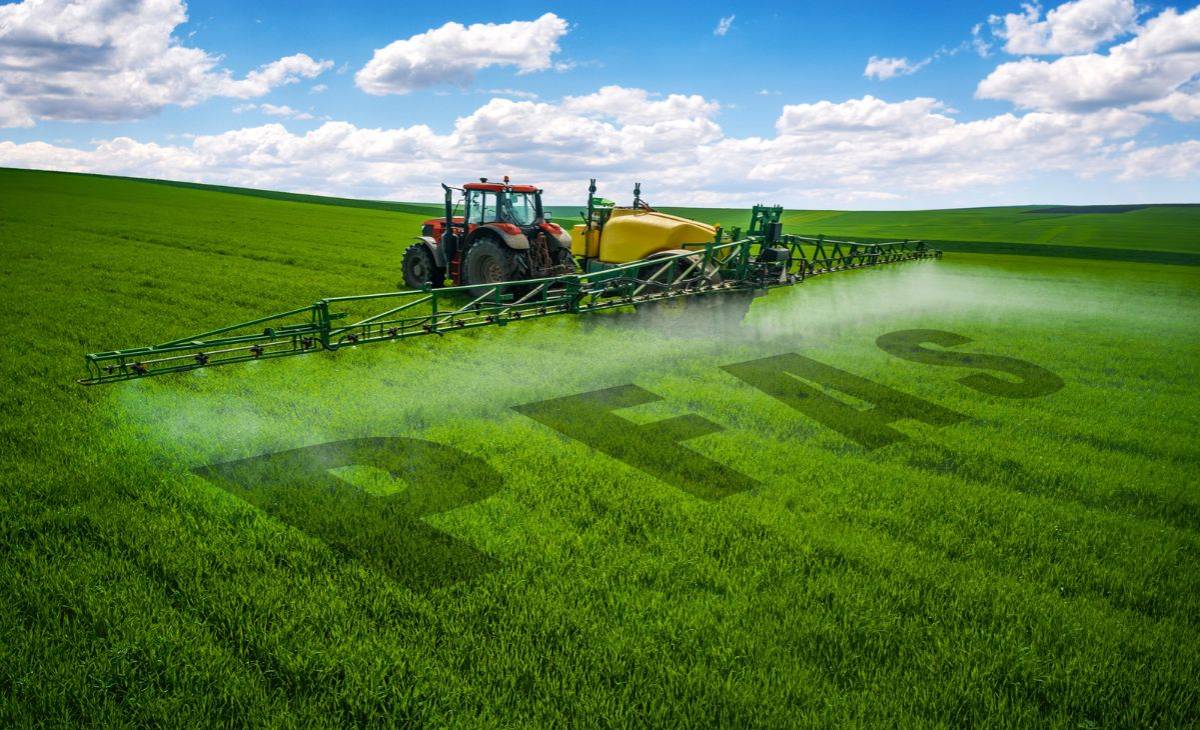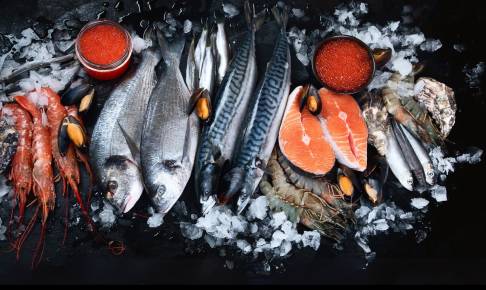Maine (US): one in 10 pesticides contains PFAS, according to watchdog group
A recent analysis by the Environmental Working Group (EWG) an environmental nonprofit organization based in Washington D.C., found that 13% (1 426 out of 10 695) of Maine's state-approved pesticides contain per or poly-fluoroalkyl substances (PFAS) as an active ingredient. These toxic chemicals, known as "forever chemicals," do not break down in the environment and can accumulate in the human body, posing significant health risks.
Maine is the first US state to enact a comprehensive ban on pesticides containing intentionally added PFAS or contaminated with PFAS, which will take effect in 2030, a law that has received applause by some, like MOFGA and Defend Our Health, but also criticism by others, including the Maine Farm Bureau, worried that this change may have unintended consequences for Maine farmers and consumers (e.g. higher prices).
The state has compiled a working list of 55 active ingredients that meet its definition of PFAS, which is more stringent than the definition used by the Environmental Protection Agency (EPA).
None of the PFAS identified by EWG in this study are among the PFAS recently removed from an EPA list of EPA-approved inert ingredients.
PFAS can be used as an active ingredient in pesticides to increase effectiveness and stability, extend shelf life, and provide an even coating. The pesticide products with intentionally added PFAS are used for various purposes, including weed and pest control on food crops and lawns, termite management, and aquatic vegetation control in ponds.
The full impact of PFAS pesticides on human health and the environment is not well understood. However, very low doses of PFAS in drinking water have been linked to immune system suppression, elevated cancer risk, increased cholesterol, and reproductive and developmental harms, among other serious health concerns.
Sarah Woodbury, director of advocacy for Defend Our Health, praised Maine's proactive approach: "These toxic chemicals have no place in our food and water. We are grateful that Maine is taking action to ban their use in all products, including pesticides."
Solutions are already being sought: scientists at the University of Maine Cooperative Extension have been researching alternative pesticide options for Maine’s agriculture sectors that should be ready for the 2030 phaseout.
Source:






















